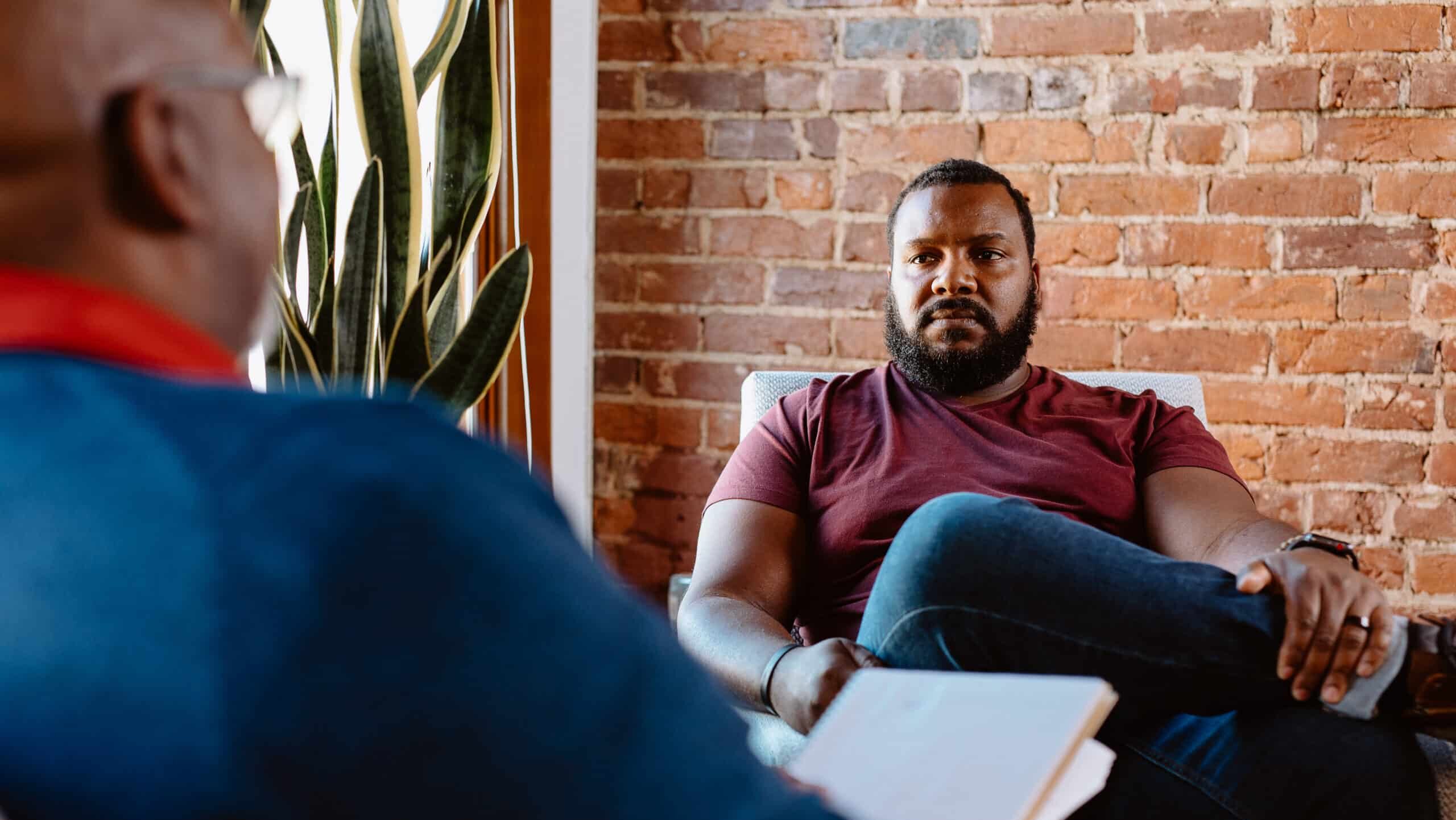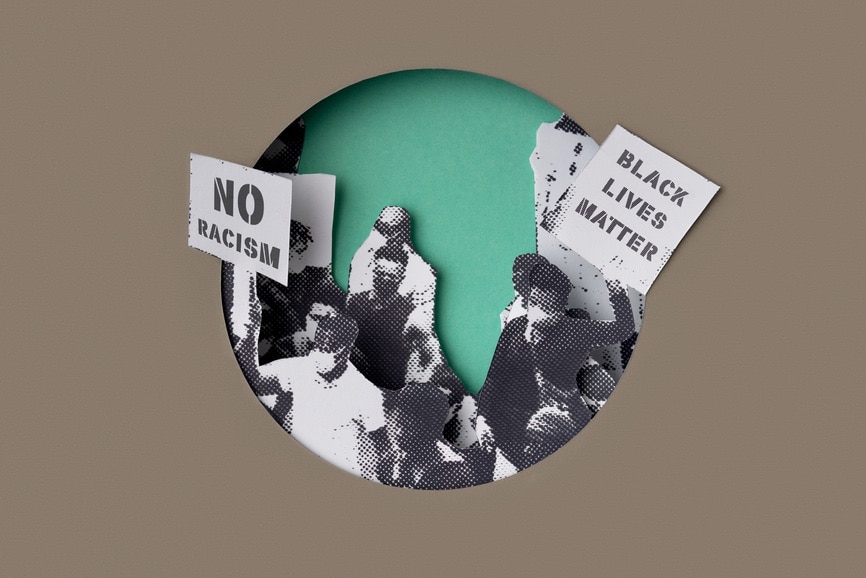
Mental health is a topic often clouded by misconceptions. In the Black community, oppression, historical trauma, and cultural beliefs block people from accessing care and keep many families stuck in a cycle of hurt. Together let’s explore and dispel three misconceptions about Black mental health.
Misconception 1: Therapy isn’t for Black people
When Black people seek professional support, they often have experiences with mental health professionals who don’t look like them or have shared community experiences. This can reinforce the perception that therapy isn’t for them. About 4% of psychologists in America identify as Black, which can lead to concerns about whether providers will be able to support them and treat their specific issues.
This distrust of the medical and mental health communities is understandable, given that both fields have been weaponized against Black people. To bridge this trust gap, it’s crucial to connect with mental health providers who understand the unique challenges and cultural nuances, so you don’t have to stop and explain. Having a Black mental health professional can create a therapeutic environment where authenticity is celebrated, allowing you to share your true self.
How Lyra helps: Over 40% of Lyra’s providers identify as Black, indigenous, or people of color (BIPOC). When you log in, our AI technology can match you with providers who share your gender, race, or other identities, based on your preferences, so you can receive culturally responsive care.
Misconception 2: Therapy is only for people with severe mental illness
Another misconception involves associating therapy solely with severe mental illness. The reality is that mental health is a spectrum, and everyone deserves support.
Acknowledging psychological issues within the Black community is a crucial step toward breaking the stigma. While religious methods and prayer have been traditional coping mechanisms, it’s essential to recognize that seeking professional help is not a sign of weakness but rather an act of strength.
How Lyra helps: Whether you need self-guided tips and tools, support from a mental health coach, or care for a more complex condition, Lyra makes it easy to get personalized support—often in as little as one day.
Misconception 3: Therapy is too expensive
Financial barriers, such as inadequate insurance coverage and high costs, often hinder access to mental health care in the Black community. However, there are ways to access free and low-cost mental health care.
Explore options like employee assistance programs or mental health care benefits through school or work, which provide free or affordable mental health services. Additionally, inquire with mental health providers about discounted rates or sliding scale fees. Online resources, like those provided by Mental Health America and the National Alliance on Mental Illness, offer free year-round support.
How Lyra helps: Lyra makes high-quality care affordable. If your employer offers Lyra, you can receive care at no cost, or at reduced cost if Lyra integrates with your health plan.
Life hasn’t been forgiving for Black people in the United States. Dispelling myths and knowing the facts can help empower Black people to prioritize their mental health. It’s time to foster a culture where seeking support isn’t just accepted but celebrated as an essential step on the journey to resilience and well-being.
Find a provider who understands your background and experiences.
If you receive Lyra as a benefit through work or school, you can get started today.
Sign up nowPrioritize your emotional well‑being.
Join Lyra today

